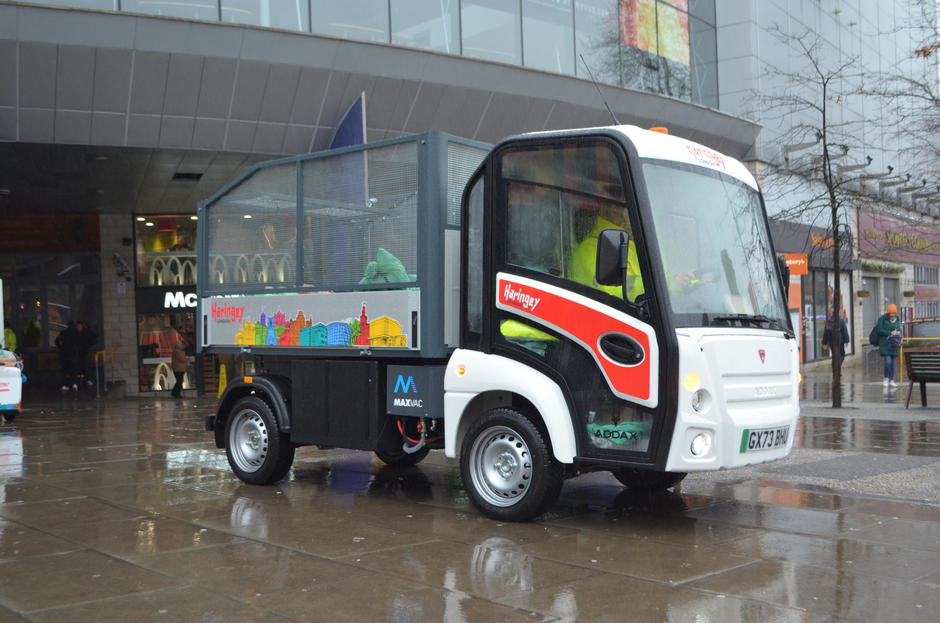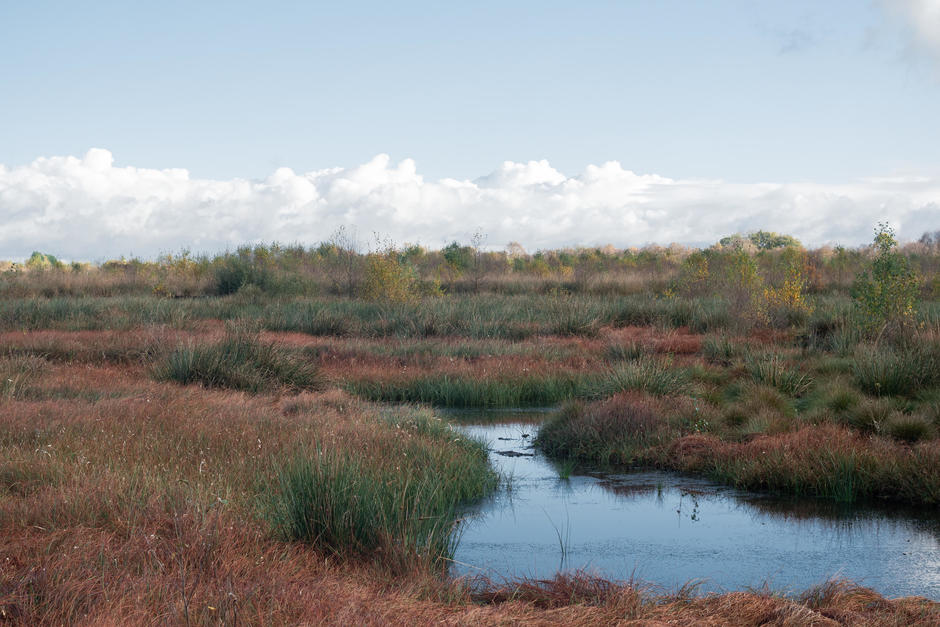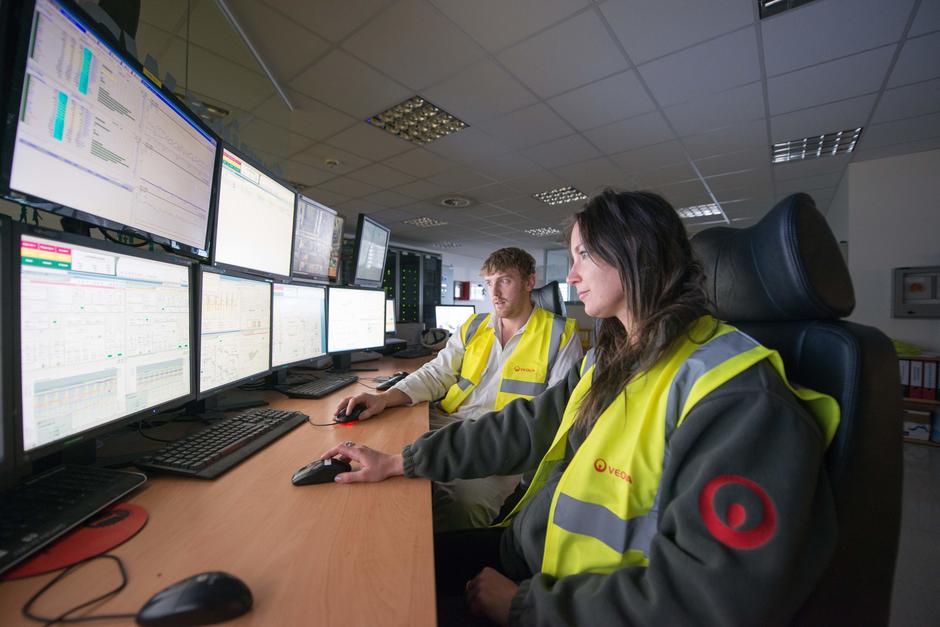Veolia has launched a site feasibility study ahead of a pilot project to use innovative carbon capture processes in energy recovery facilities (ERF) in the UK. Developed with the aim of producing green fuels by capturing, extracting and purifying CO2, it can create synthetic green end products, such as eKerosene, eMethanol and specialty chemical products to transform the sustainability of the wider transport industry.
Engineered by Veolia's in-house design teams, the system uses Advanced Amine technologies to capture carbon emissions from the combustion of non recyclable biogenic waste, which is present in about 60% of the carbon dioxide emissions generated as a result of the incineration process. The biogenic Carbon Dioxide can be combined with green hydrogen to create fuels such as eMethanol and Sustainable Aviation Fuel, reducing the carbon intensity of shipping and air travel.
The pioneering Carbon capture, utilisation and storage (CCUS) implementation project has the potential to enable Veolia’s Energy Recovery Facilities in the UK to make carbon savings of over 100,000 tonnes per year. As part of the highly innovative project, the CCUS technology can be seamlessly integrated into existing energy recovery sites, resulting in near-zero, or even negative, CO2 emission power generation, thus significantly improving the environmental and energy balances of municipal waste incineration.
The Advanced Amine Carbon Capture process has four major stages. Firstly the Flue gas is cooled and trace pollutants removed before the amine solvent captures the CO2 and clean flue gases are returned to the flue. The solvent is then heated with steam produced by the ERF which produces a CO2 rich stream whilst also regenerating the solvent for circling it back to the absorption process. The CO2 is dehydrated and compressed to produce a nearly 100% pure CO2 stream which can be used to create new products or stored.

Commenting on this new technology, Donald Macphail, Chief Operating Officer - Treatment, at Veolia said:
"This latest innovation marks a major step forward in our ability to utilise non recyclable waste and captured CO2 to create the next generation of fuels. This development, combined with greater recycling and the removal of plastics from waste streams, will further reduce carbon emissions from ERF. It will also make a major contribution to meeting Net Zero targets that protect the environment for the future, and supports our commitment to achieve ecological transformation"
Veolia operates ten ERF in the UK. These facilities take around 2.3 million tonnes of non-recyclable waste and transform this into electricity for over 400,000 homes, and this combined generating capacity of 180MWe takes pressure off the stretched UK electrical grid and effectively avoids using fossil fuels for generation. Some of these facilities also produce heating for communities through district heating networks, by using combined heat and power technology.





